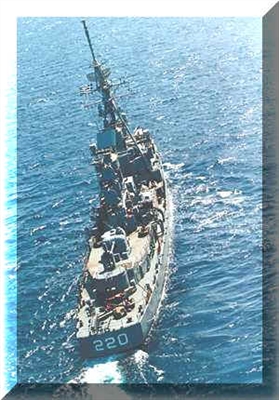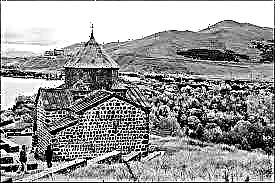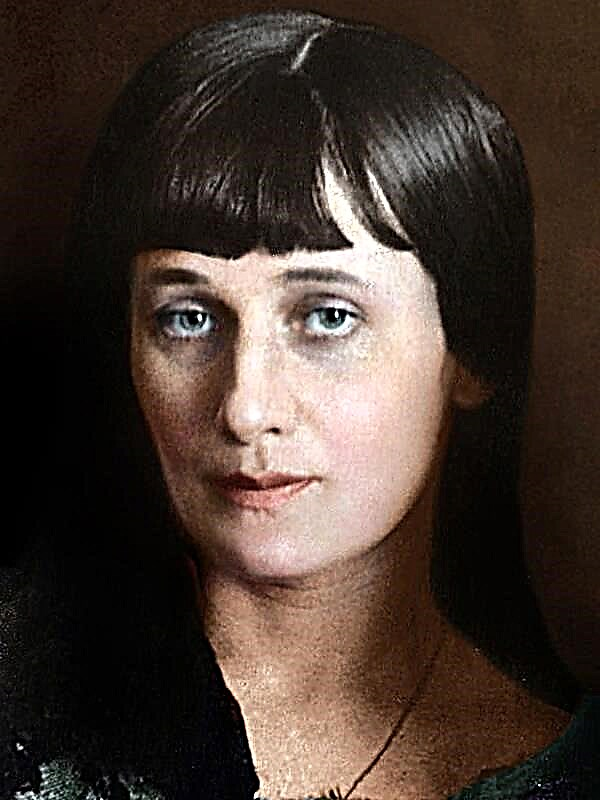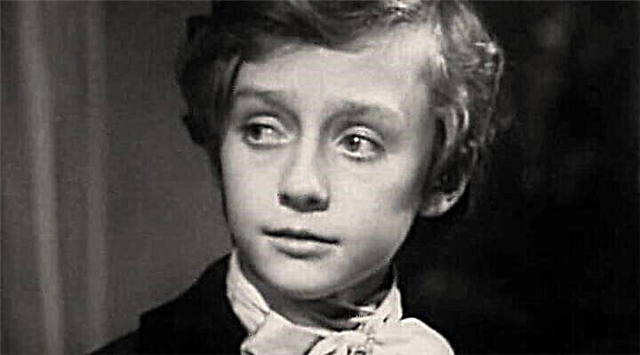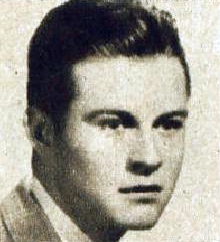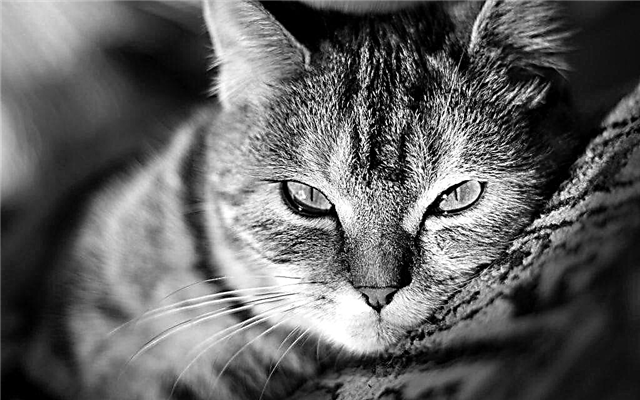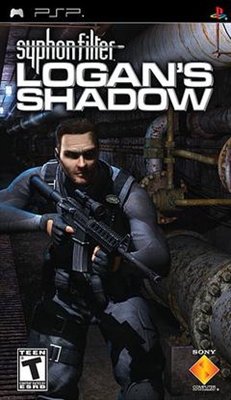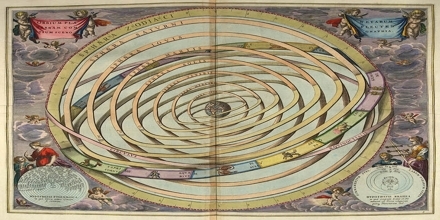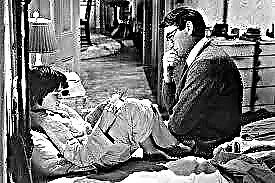(330 words) At the time of reading the first part of Dostoevsky’s novel “Crime and Punishment” one involuntarily wonders: what is the intrigue of the work if the killer is known from the very beginning? However, the point is not at all when, finally, it will become clear to the heroes who committed the atrocity. The author hides the meaning of the socio-philosophical novel in the thoughts, deeds and reasoning of the characters, so every line is important here.
The motive for the crime of the protagonist is revealed in his own theory of ordinary and extraordinary people. The first, according to Raskolnikov, the majority, and they become victims of the second - extraordinary, who are allowed to kill in the name of a good purpose. Enthusiastic about Napoleon, Rodion decides to test the theory on himself, and thus understand who he is - "a trembling creature or a right has." The young man expects that after the murder of the old woman-percent-killer - a victim for whom no one will cry, he will not be tormented by conscience, because such terrible means justify noble intentions - to help the poor get out of poverty. As a result, Raskolnikov almost goes crazy. Relatives and relatives are worried about his condition - his mother and sister Dunya, a friend of Razumikhin, Sonya Marmeladova and a talented investigator Porfiry, who guesses about the whole situation. By the end of the novel, Rodion is convinced that repentance is the best way out of this story. The pages of the novel are saturated with a refutation of the hellish theory, and the behavior of the hero and his dreams only confirm the impossibility of its embodiment.
Readers who disagree with this may cite the next character, Svidrigailov, as an argument. It would seem that the hero does not suffer at all from the torment of conscience, and on his account more than one atrocity. But it is worth approaching the final chapters of the work, and the reader discovers that even such a persistent character simply can not stand it. The suicide of Svidrigailov is another proof that Raskolnikov’s inhuman theory cannot be realized.
However, the meaning of the work is not only in the refutation of Raskolnikov's theory, but also in the strength of the human faith. Sonya Marmeladova helps the hero get out on the path of rebirth, prompting him to confess and repent to God. And only in the epilogue does Rodion really have a chance to start living anew, sincerely repenting of his sins. Turning to the title of the novel, the reader understands that the hero’s worst punishment is not hard labor, but his conscience, awakened immediately after the crime he committed.

